Mum says girl 'doesn't get right support' at school
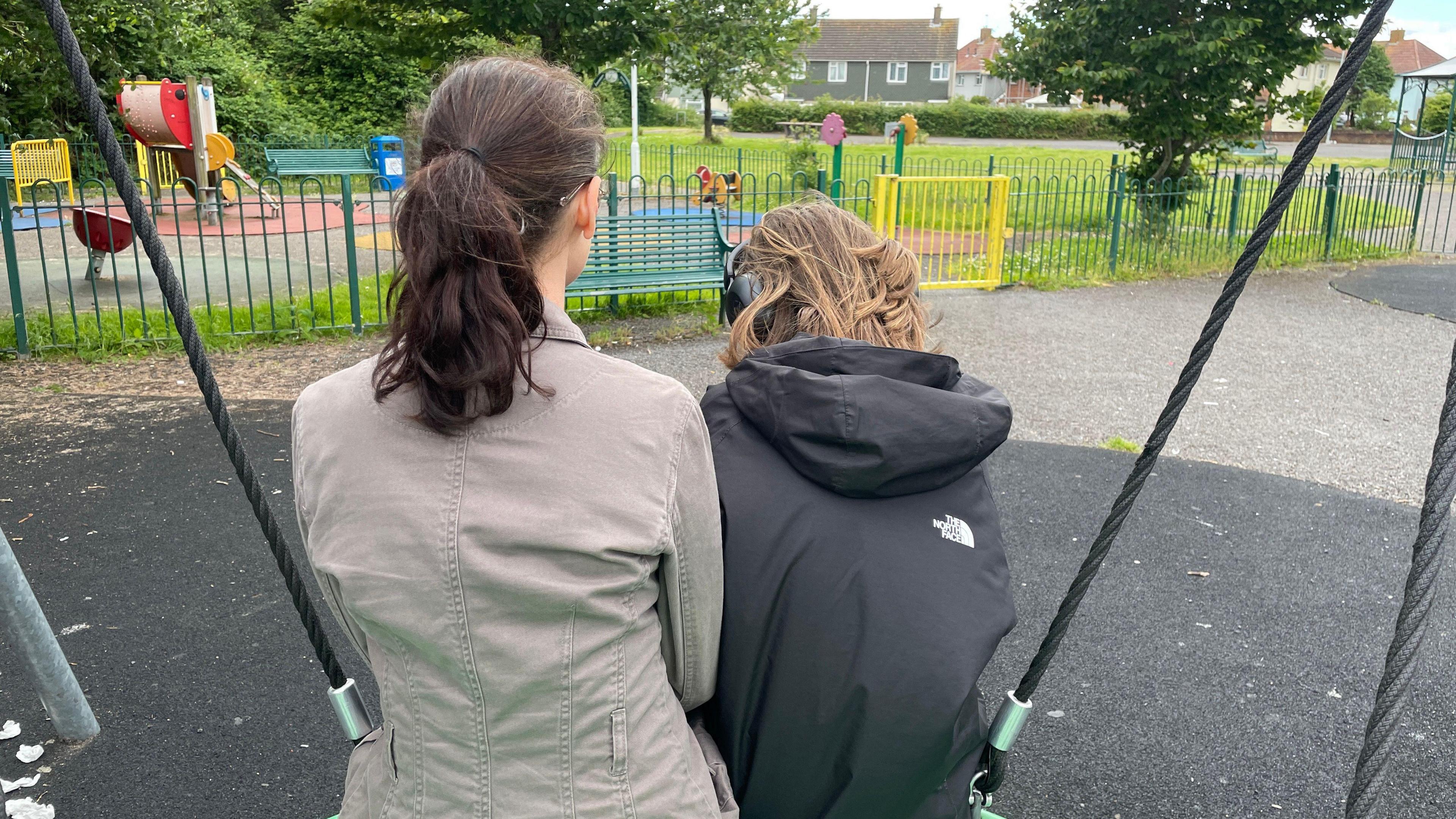
Emma's mum says her daughter "keeps on being suspended" and blames a lack of support
- Published
Parents and teachers claim there is not enough provision for students with special educational needs (SEND).
Schools are seeing an increase in the amount of children who need SEND support, while funding is short.
Lucy, mum of Emma *, a 12-year-old with special needs, is among the many people who got in touch with the BBC via Your Voice, Your Vote to tell us that SEND provision is the most important issue for them in this election.
"She doesn't get the right support, she keeps on being suspended for the same things but she is a good child, she is not bad," Lucy said.
* Lucy and Emma's names have been changed
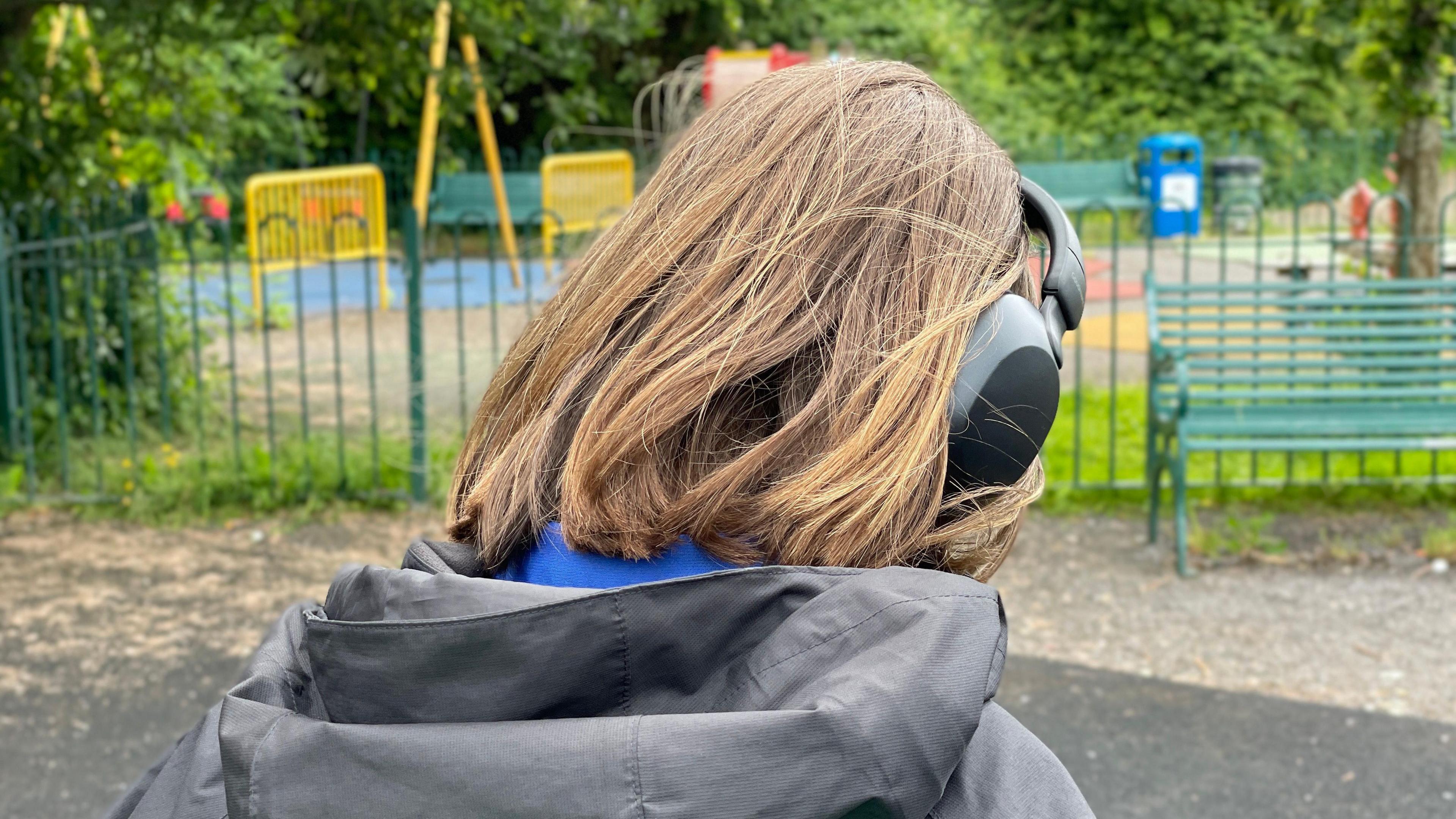
Emma gets in trouble at school because of a lack of support, her mum says
Emma added: "I did get more support [at primary school] than in secondary.
"To be fair, secondary has way more people - a primary has max 300 children, where my secondary has a thousand."
She added that "nearly everyone" knew her at primary school, but at secondary school, people only know her "because I'm always in trouble".
Emma sometimes skips lessons and can be rude to teachers, Lucy said.
In one week, she was suspended three times, which means Lucy has to bring her along to work.
"I can't leave her home alone, she could do something unpredictable, she has to be with me at work - but she's not learning anything, she is sitting there talking to my colleagues," Lucy said.
"I'm doing my best, I'm a single mum."

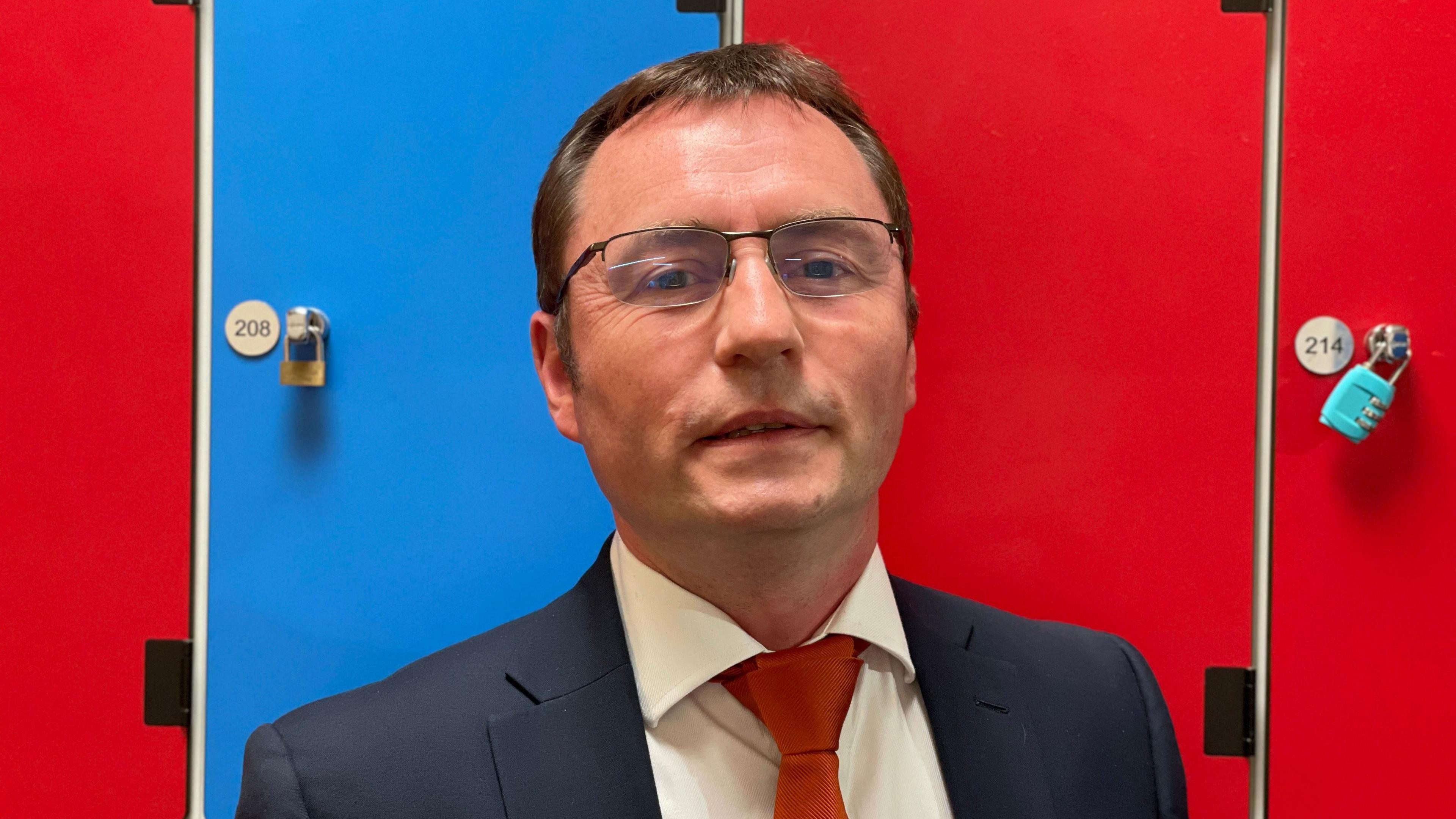
Headteacher Dominic Burke said a lack of funding was the problem
Dominic Burke, headteacher at Balcarras School in Cheltenham, said the problem was a lack of funding.
"We've seen a huge increase in the amount of children who need SEND support in the mainstream [schools], it's more than doubled in the last 10 years," Mr Burke said.
"At the same time, the funding has not kept pace. There's only so long that you can try and make that work.
"I think we're heading for a full-blown crisis. Somebody has to come up with a plan."
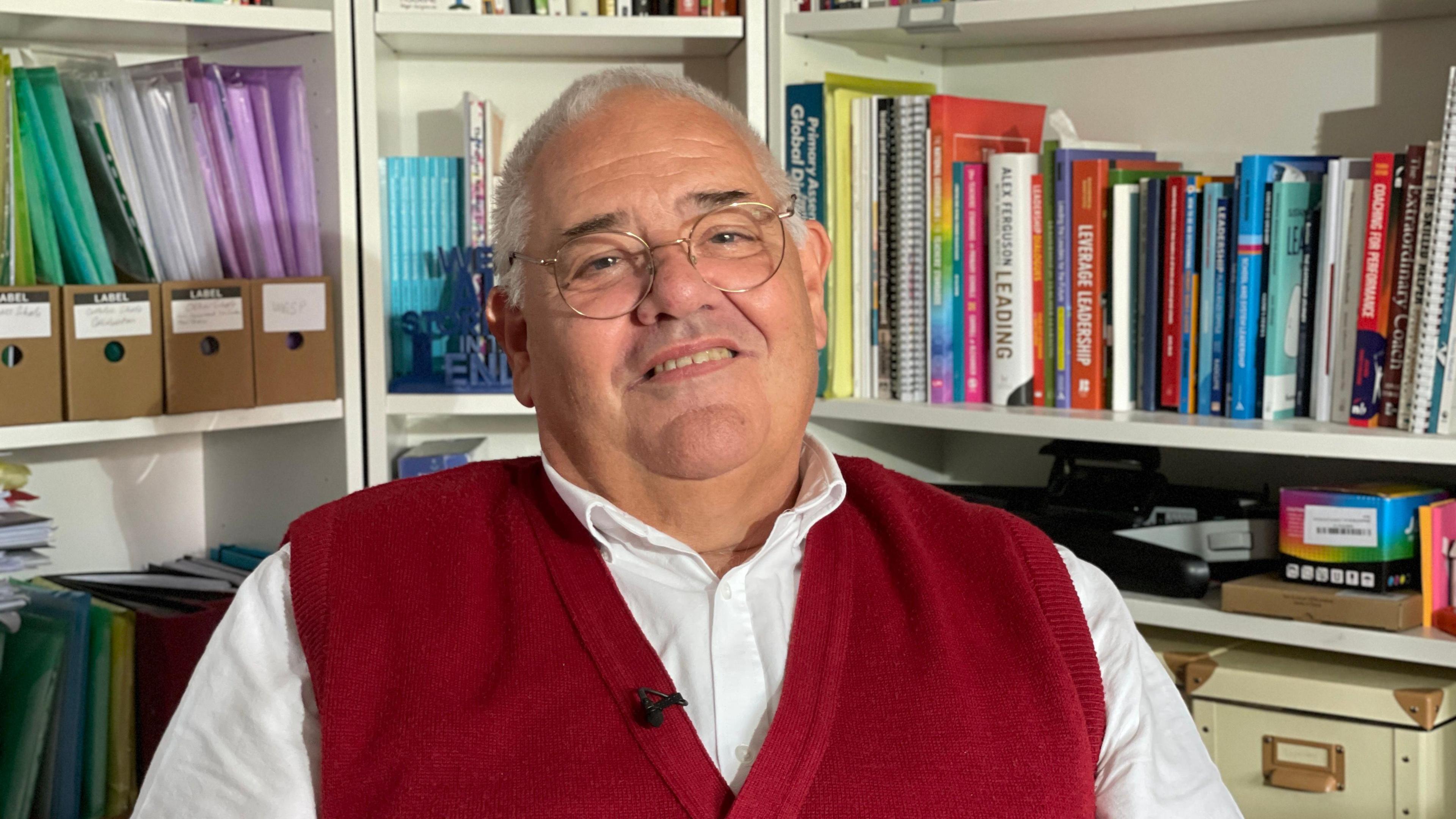
Bill Jerman said special schools are full and mainstream schools are taking on more work
Bill Jerman, an education consultant, said special schools are "absolutely full".
"As a consequence of that, what we're seeing is that those children who would have been a special school child in the past are staying in mainstream primary schools," he added.
"The impact of that is massive. Not only financially, but the impact on the whole school because for example teaching assistants are being focused on those children with the highest needs, which means they're not able to work with other groups of children."

How will different parties tackle SEND related issues?
The Conservatives have pledged in their manifesto to transform education for SEND children by ending the "postcode lottery" of support and to deliver 60,000 more school places and 15 new free special schools.
Labour's manifesto says they pledge to take a community-wide approach, improving inclusivity and expertise in mainstream schools and ensuring special schools cater to those with the most complex needs.
Liberal Democrats have pledged to tackle the crisis in special educational needs provision and help to end the postcode lottery by giving local authorities extra funding. They also want to establish a new national body for SEND to fund support for children with very high needs.
The Green Party said they would push for an education system that is fully inclusive, with better funded support for special educational needs. Green MPs will push for £5bn to be invested in SEND provision within mainstream schools.
Reform want an education system that ensures young people are proud of Britain and learn the skills, character and values to succeed in life.
Follow BBC Gloucestershire on Facebook, external, X, external and Instagram, external. Send your story ideas to us on email or via WhatsApp on 0800 313 4630.
What really matters to you in this general election? What is the one issue that will influence your vote? Click the button below to submit your idea, and it could be featured on the BBC.
Related topics
- Published17 July 2023
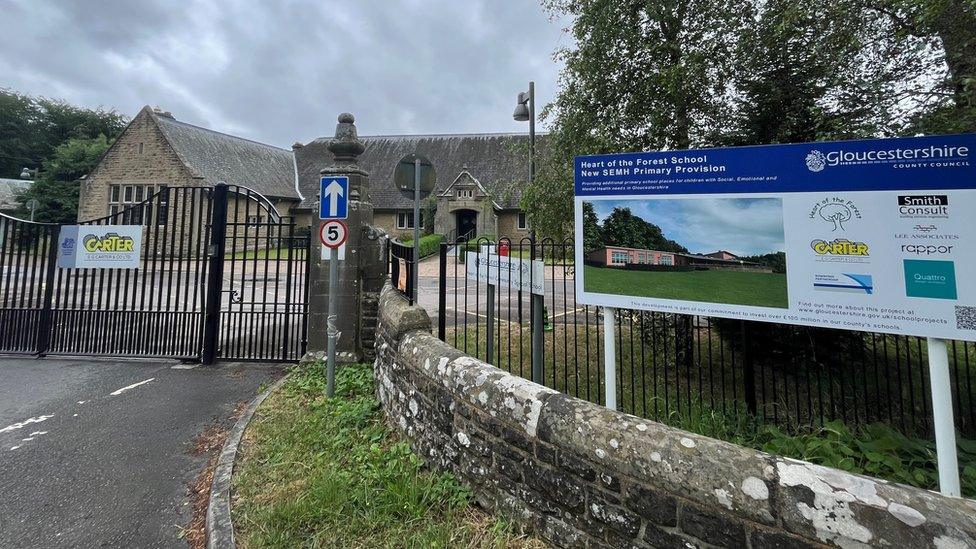
- Published13 September 2023
